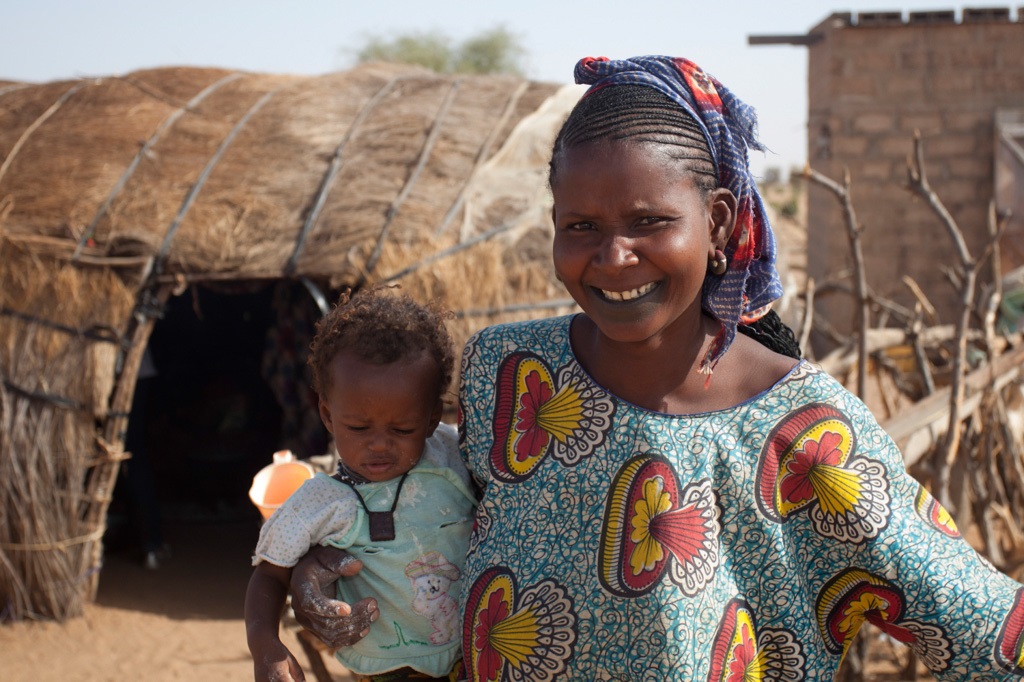
Findings from five exemplar countries—Nepal, Ethiopia, Peru, Kyrgyz Republic, and Senegal—provide guidance on how to accelerate reductions in child stunting: improvements in maternal education, maternal nutrition, maternal and newborn care, and reductions in fertility interpregnancy intervals stand out as strong contributors to change. This synthesis also provides a new framework for strategies to accelerate stunting reduction.
Additional highlights from this week’s Compact2025 News in Brief include:
- A policy brief from the Global Panel explores the underlying drivers of fragility and disruptions to food systems in fragile contexts. It emphasizes the need for integrated and coherent strategies that must be implemented across food systems in these settings and sets out priorities for improving access to healthy diets.
- At an August 18 event, IFPRI hosted an event to discuss the agriculture-ecosystem health interface that was magnified by COVID-19, as well as cross-sectoral solutions to reduce such risk and enhance human and ecosystem health.
- The Committee on World Food Security (CFS) will take stock of the global food security situation, reflect on relevant COVID-19 impacts, and discuss the draft CFS voluntary guidelines on food system and nutrition and other key draft documents. This virtual High-Level Special Event on Food Security and Nutrition will take place on October 13-15, 2020.


